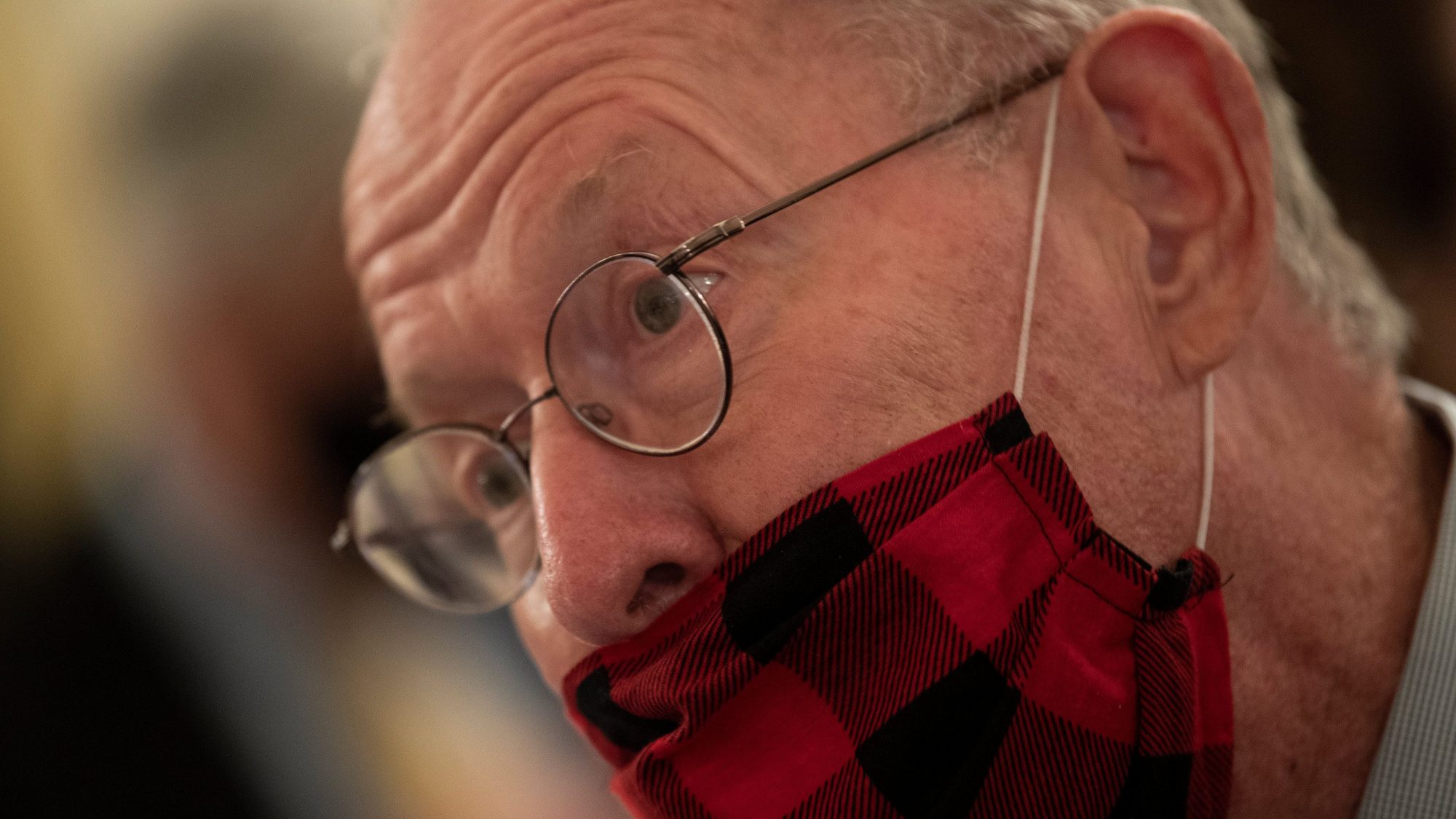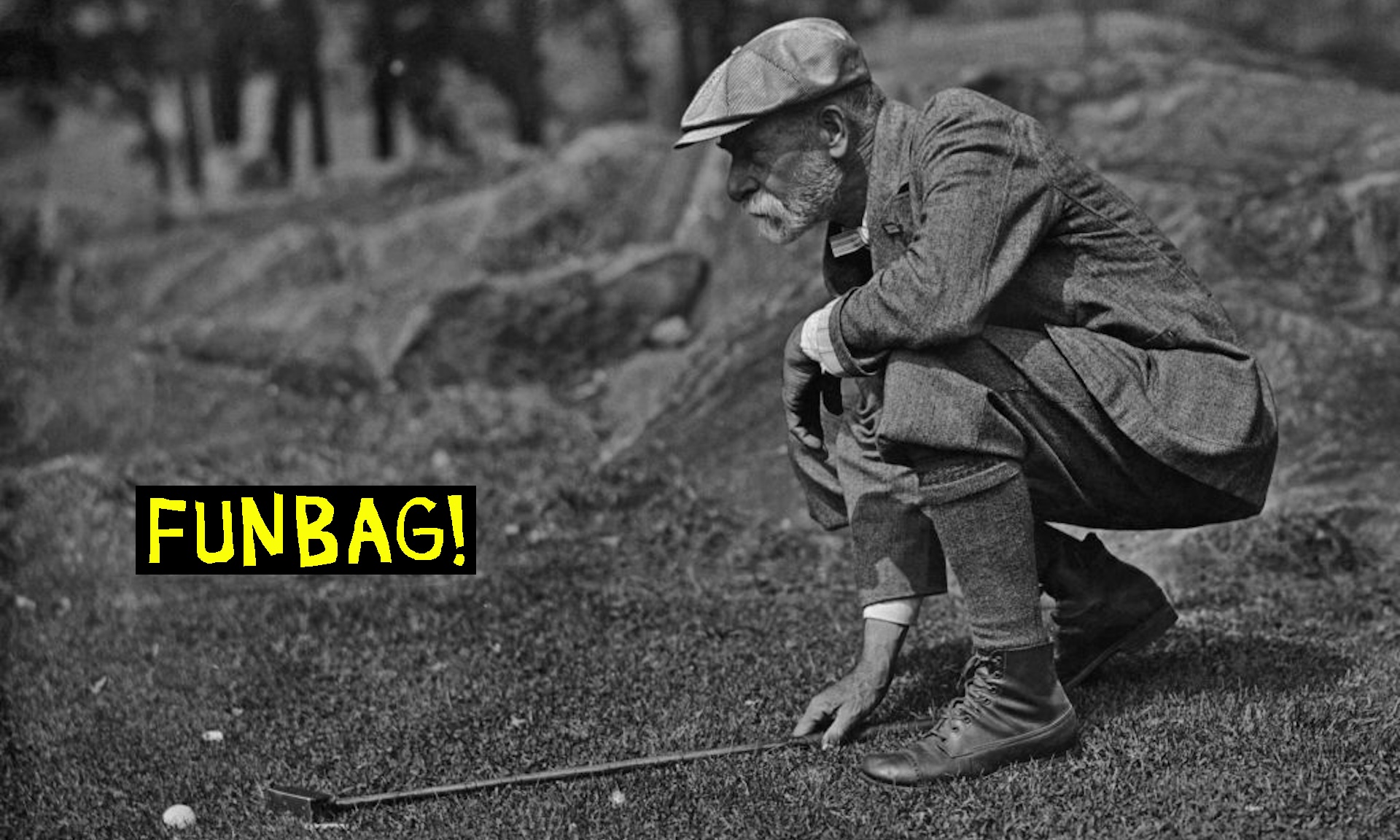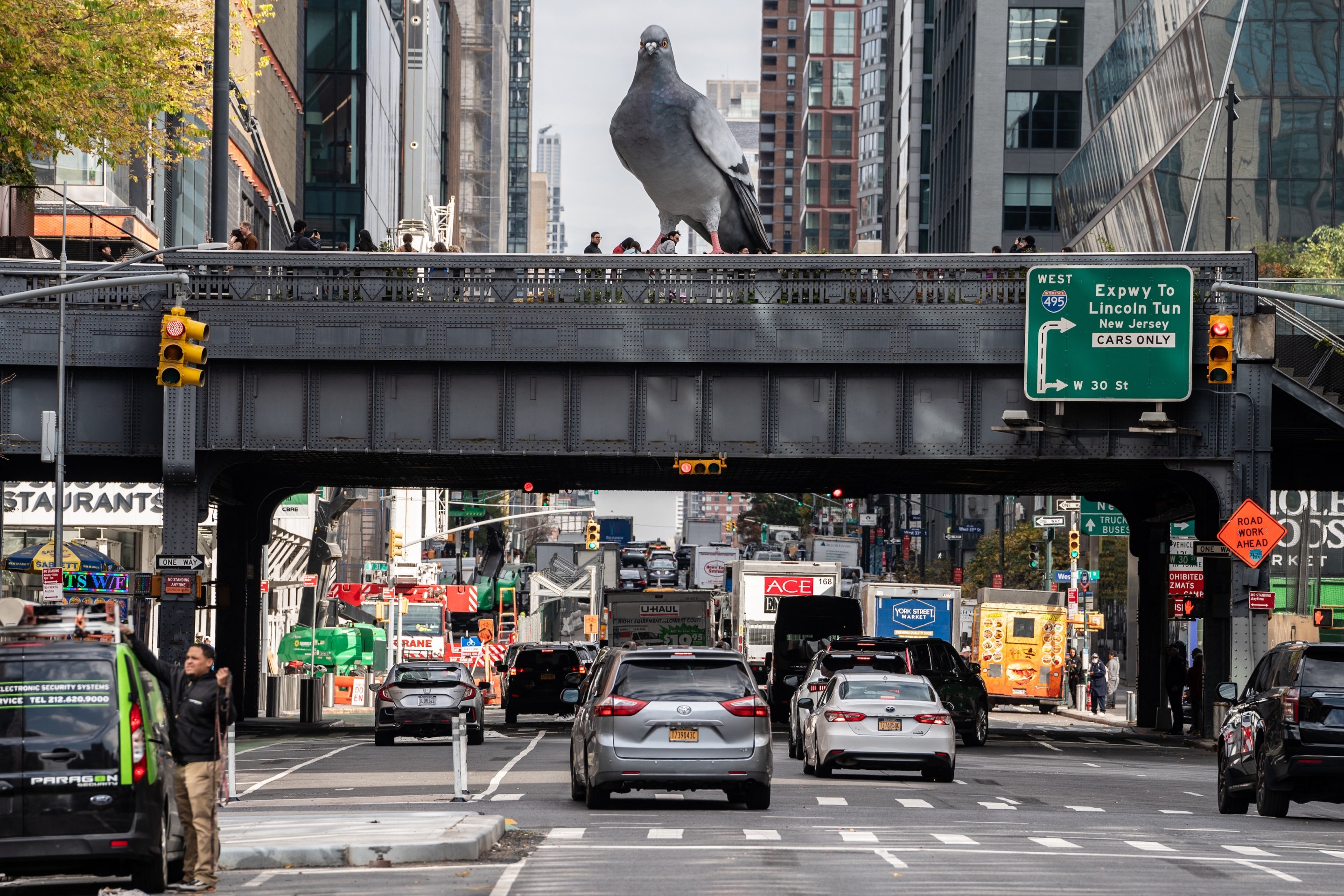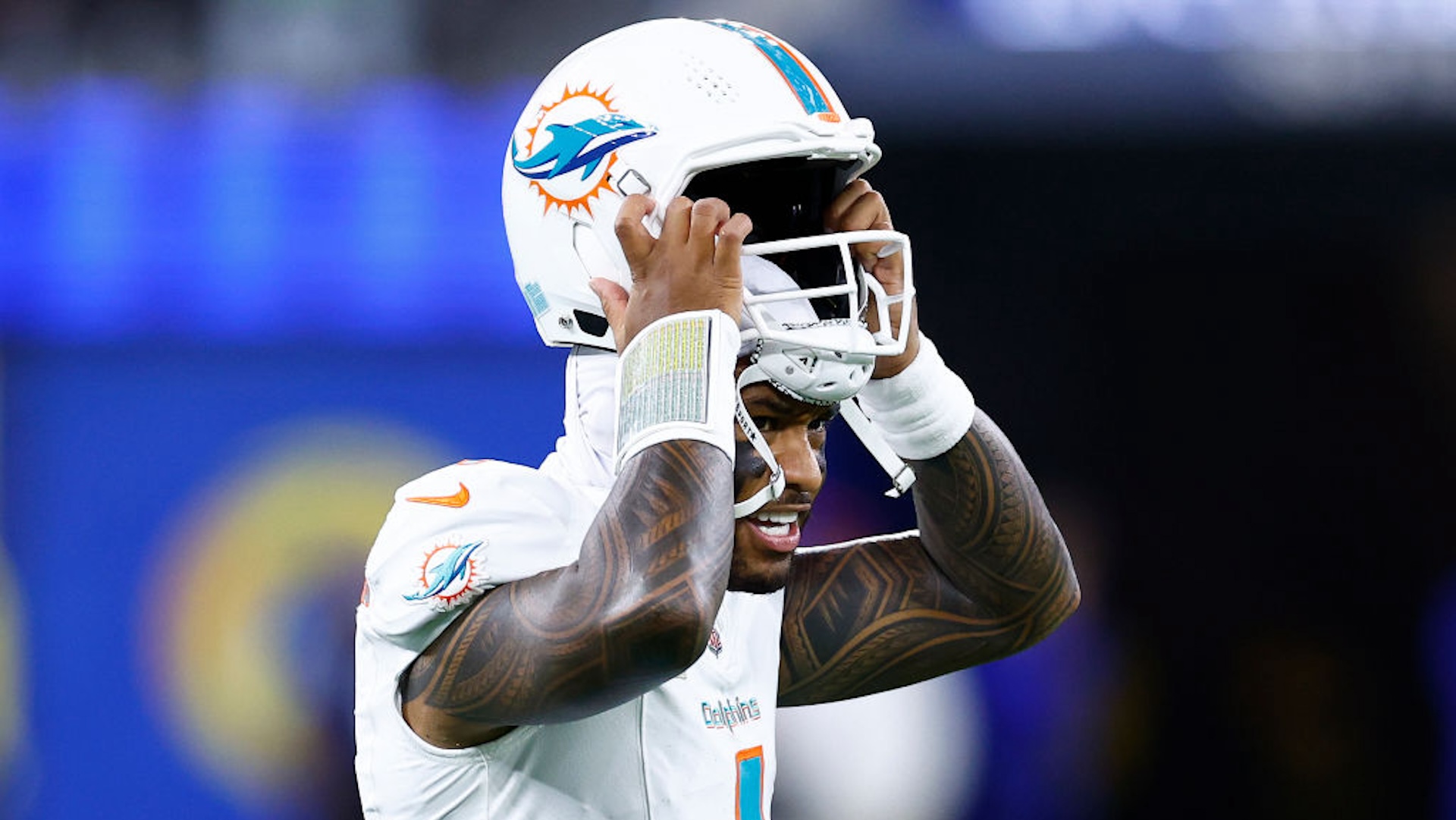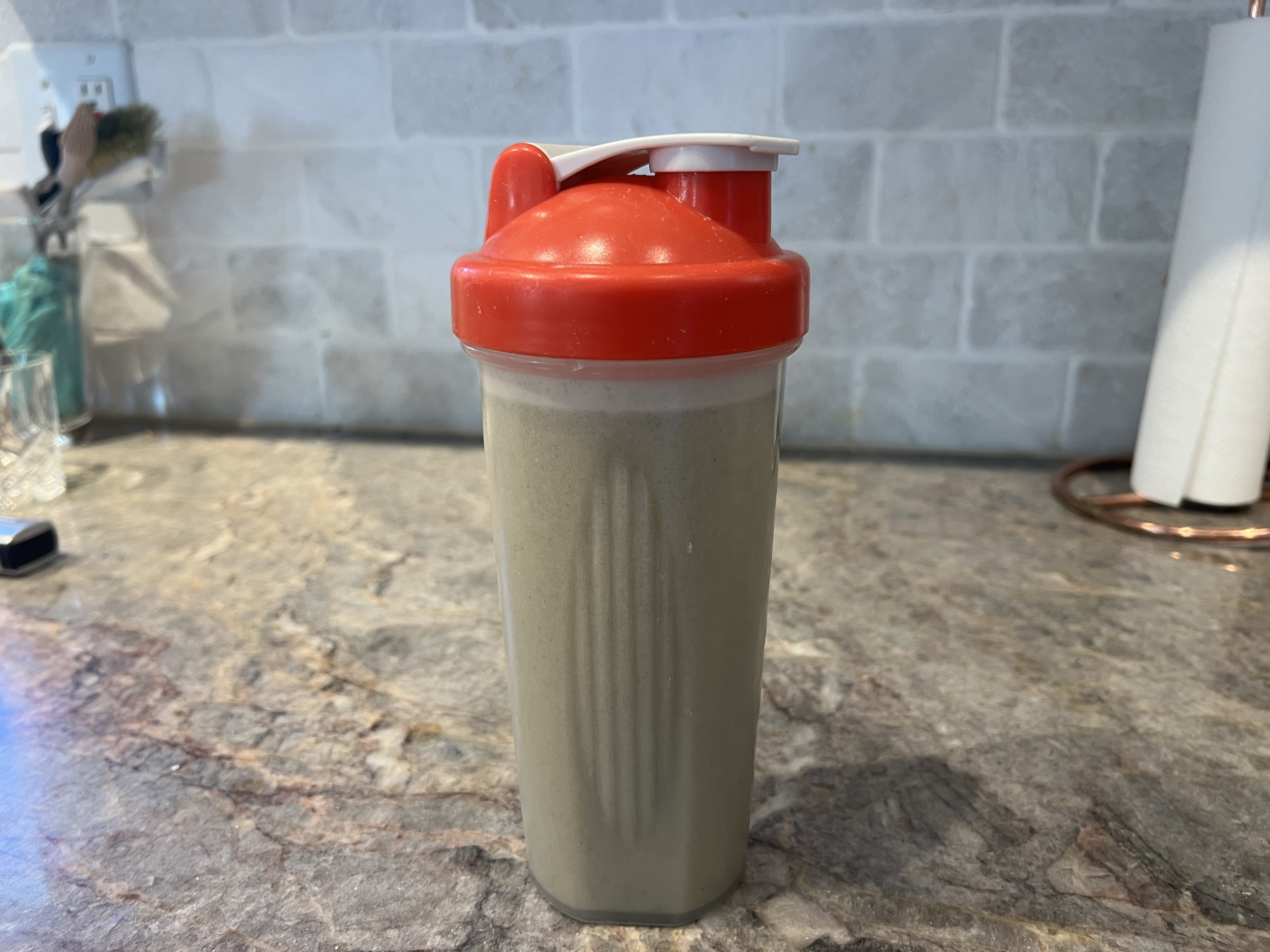The Senate Committee on Health, Education, Labor, and Pensions met Tuesday morning for a hearing named “Compensating College Athletes: Examining the Potential Impact on Athletes and Institutions.” The hearing mostly centered on the matter of allowing athletes to capitalize on the commercial use of their names, images, and likenesses (NIL). Somehow even this non-controversial initiative managed to get the undies of the committee chair, Tennessee Republican Senator Lamar Alexander, into a complex knot.
Alexander’s opening remarks called upon Congress to act, but only to the extent that Congress should empower the NCAA and the NCAA alone to set the rules “governing the use of name, image, and likeness,” and that the limited role of Congress in all of this would be to make the NCAA “safe from litigation” and to provide limited oversight. Yes, yes, the NCAA is crooked and incompetent and insanely, irreconcilably compromised, but then again they have all the experience making rules that govern college athletes, so.
Alexander then moved to his recommendations for how these rules should apportion the money generated by the commercialization of players’ names and likenesses, and they amount to allowing the players to negotiate deals for NIL use, but then forcing them to turn over all the money to the NCAA, to be distributed as it sees fit. Seems like there might be a small conflict here.
The crookedness of all this is really quite something. By Alexander’s reckoning, the government of the United States should empower the NCAA—a cartel that exists to trap and exploit unpaid laborers in order to enrich its members—to set the rules for NIL commercialization, and those rules should force players to turn over the revenue generated from the market value of NIL commercialization to ... the NCAA. And the limited role of Congress would be to practice oversight, but without the authority to force the NCAA to change its rules and practices. In effect, nothing whatsoever will have changed in any practical sense.
If top players prefer to keep a deeply corrupt institution from capitalizing on the market value of their individual names and faces, they should not be allowed to play for maximally commercialized sports operations. Nowhere in all this is the argument being made that there aren’t whole boatloads of money to be made via the sale of NIL rights of college athletes. Instead, the question is whether the players whose likenesses provide the value should get even a slice of it. Not to worry, Mitt Romney is here with a revealing compromise:
NCAA divisional bodies are expected to have enacted new NIL legislative proposals by January 31, 2021. Don't get your hopes up. When the goal is making sure a bunch of crooks can continue to enrich themselves off of unpaid or underpaid labor, there is no idea too harebrained or sleazy for these stiffs to consider.
